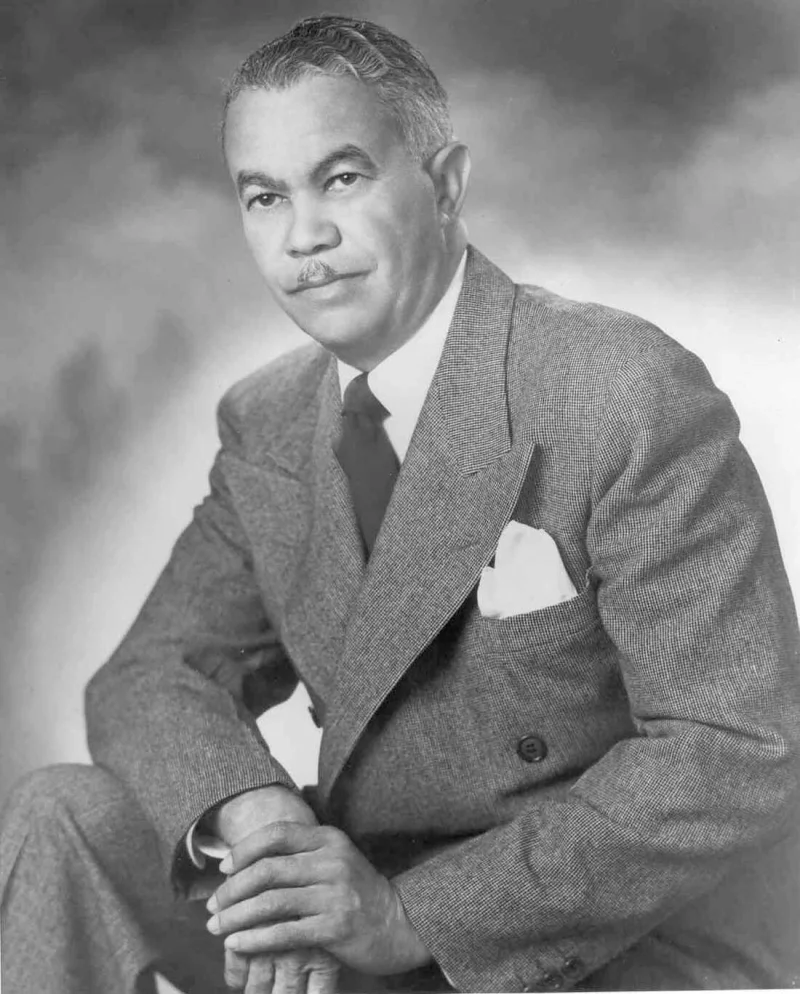Short Summary
Carl Sagan was an eminent American astronomer, cosmologist, astrophysicist, and science communicator. He is best known for his work as a science popularizer, bringing the wonders of the universe to the general public through his television series "Cosmos: A Personal Voyage" and numerous books. Sagan's efforts in promoting scientific understanding and skepticism have left a lasting impact on both science and popular culture.
Early Life & Education
Carl Sagan was born on November 9, 1934, in Brooklyn, New York, to a garment worker father and a homemaker mother. His curiosity about the stars was sparked at a young age, fueled by visits to the New York World's Fair and the local library. He attended the University of Chicago, where he earned a bachelor's degree and later a Ph.D. in astronomy and astrophysics. The university environment, rich with intellectual stimulation, and his interactions with leading scientists of the time significantly shaped his future contributions to science.
Career Highlights
Sagan's career was marked by his work with NASA, where he played a critical role in the Mariner, Viking, Voyager, and Galileo space missions. He was instrumental in conveying the importance of exploring the cosmos to the public. As a professor at Cornell University, he inspired many students with his passion for science. His television series "Cosmos: A Personal Voyage" reached millions globally, enhancing public understanding of the universe. Sagan's ability to explain complex scientific concepts in an accessible manner made him a beloved figure in science communication.
Major Achievements
- Contributed to NASA's Mariner and Viking missions, helping design instruments and interpret data from Mars and beyond.
- Authored "Cosmos," one of the best-selling science books, expanding public interest in astronomy.
- Won the Pulitzer Prize for his book "The Dragons of Eden," which explores the evolution of human intelligence.
- Founded The Planetary Society, advocating for space exploration and research.
- Developed the concept of the "greenhouse effect" on Venus, contributing to climate change studies on Earth.
Famous Quotes
- "Somewhere, something incredible is waiting to be known."
- "The cosmos is within us. We are made of star-stuff."
- "Extraordinary claims require extraordinary evidence."
Interesting Facts
- He was a consultant for the film "Contact," based on his novel of the same name.
- Sagan was a vocal advocate for the search for extraterrestrial life.
- He received over 20 honorary degrees from various institutions.
- His "Pale Blue Dot" speech is one of the most famous reflections on Earth's place in the universe.
- Sagan had a cameo in the animated television show "The Simpsons."
Legacy / Influence
Carl Sagan's legacy endures through his contributions to science communication and public understanding of the cosmos. His ability to captivate audiences and explain complex scientific ideas has inspired countless scientists and enthusiasts. His work continues to influence the fields of astronomy, planetary science, and the broader public's appreciation of science as a critical part of human knowledge and progress.
FAQ
Q: Why is Carl Sagan famous?
A: Because of his work as a science communicator and his role in popularizing astronomy through the "Cosmos" series and his books.
Q: What was Carl Sagan's role at NASA?
A: He was involved in the Mariner, Viking, Voyager, and Galileo missions, helping design scientific instruments and interpret data.
Q: What is "Cosmos"?
A: "Cosmos" is a television series created by Carl Sagan that explores the universe and our place in it, aiming to make science accessible to a global audience.
Q: Did Carl Sagan receive any awards?
A: Yes, he received numerous awards, including the Pulitzer Prize for his book "The Dragons of Eden."













